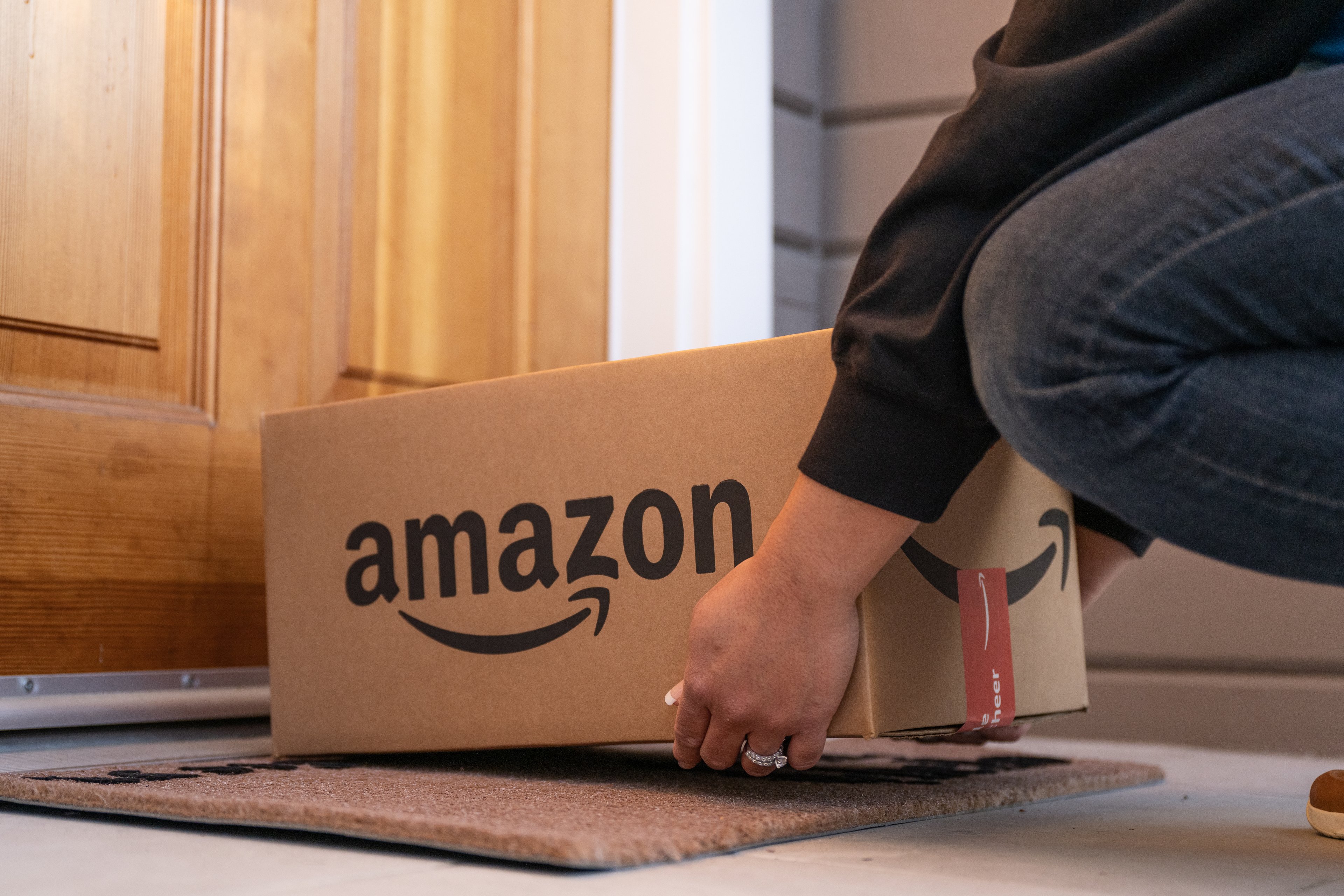BlackBerry's (BBRY +0.00%) BB10 has largely been a failure. Once heralded as the operating system that would revive BlackBerry's struggling handset business, BB10 devices have failed to gain traction with both consumers and carriers, including T-Mobile (TMUS +0.41%).
To some extent, that's been a byproduct of its app ecosystem, or lack thereof. BlackBerry's app store, BlackBerry World, lacks the vast majority of the most popular mobile apps, making the phones a hard sell for any app-minded consumers.
But that could soon change. Later this year, BB10 devices will gain access to Amazon's (AMZN +2.06%) mobile app store.
Amazon brings 240,000 apps
Amazon's app store features some 240,000 apps, including several of BlackBerry World's most notable gaps (Netflix, Candy Crush). Amazon's store isn't perfect -- it doesn't compare to iTunes or Google Play in terms of raw numbers -- but it may be good enough.
Certainly, it's good enough for owners of Amazon's tablets, of which there are millions. Although Amazon has fallen behind other manufacturers in recent quarters, it's still one of the top tablet manufacturers in the world, and its Kindle Fire remains among the most popular Android tablets in the United States.
Amazon's app store is also the app store for its own handset, the recently announced Fire Phone. If Amazon believes its app store is good enough for its handset, it should be enough for BlackBerry's.
Spurned carriers
But BlackBerry's BB10 problems run deeper than its lack of apps: There's also a question of distribution. BlackBerry declined to renew its contract with T-Mobile back in April, and the nation's fastest-growing carrier no longer sells BlackBerry handsets.
Even before the official break, T-Mobile wasn't seeing much demand for BlackBerry's phones. According to TmoNews, citing an internal memo, 94% of BlackBerry-owning T-Mobile subscribers switched to a different platform during a recent promotional event.
It isn't just T-Mobile. Other U.S. carriers still sell BlackBerry's phones, but they offer far less support than they once did. Neither Sprint nor AT&T offer BlackBerry's recently released Z30, for example.
No hardware ecosystem
Also problematic is BlackBerry's lack of hardware ecosystem. BlackBerry 10 owners that wish to pair their handsets with a matching tablet cannot, as BlackBerry no longer competes in the tablet business.
Amazon's recently released Fire Phone interfaces with its Fire TV set-top box, giving owners the ability to interact with media playing on their television. Similarly, the iPhone works with the Apple TV, and Android phones may soon pair with the rumored Android TV. BlackBerry has no equivalent set-top box, and given its ongoing struggles, is unlikely to prioritize the development of such an accessory.
The continued rise and growing popularity of wearables also presents a unique challenge. There's clearly a demand -- dedicated BlackBerry users have tweaked existing Android-focused smart watches to work on BB10 devices. But getting these devices to work requires a bit of technical know-how, and even then, they don't fully function as intended.
As the space matures, and more wearables emerge, including the Android Wear watches and the long-anticipated iWatch, BlackBerry's lack of a hardware ecosystem could keep consumers away from BB10.
Too late for BlackBerry
Bringing Amazon's app store to BB10 should help fix one of BlackBerry's biggest problems. It does not, however, fix its many other problems -- including its splintered relationships with major U.S. carriers like T-Mobile.
With BlackBerry's share of the U.S. market now down in the single digits, behind even Windows Phone, BlackBerry's future (at least as a successful handset manufacturer) continues to look bleak. Having Amazon's app store might have helped BlackBerry avoid its present situation, but at this point, it seems too late.













